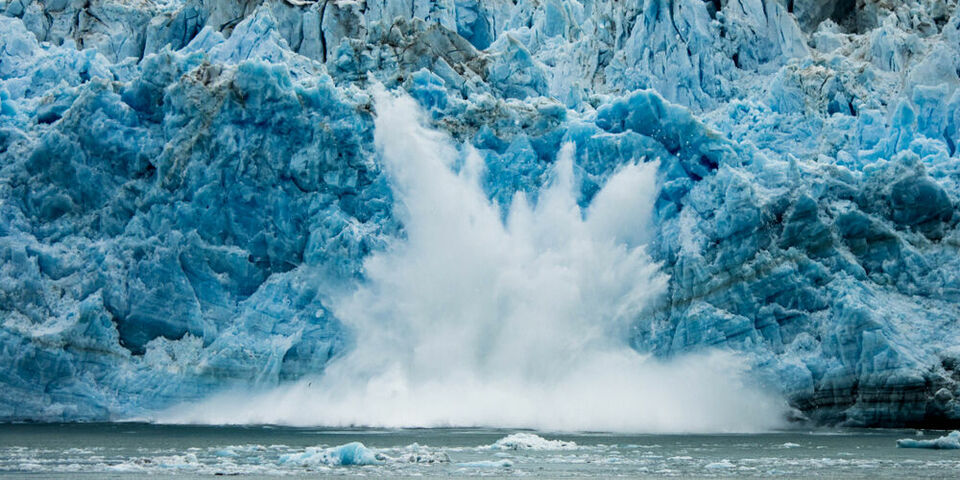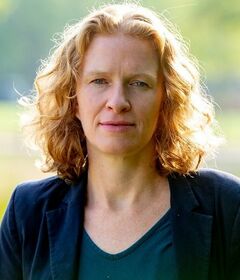Bringing together all climate researchers
NWO and KNAW want to bring together all the parties in the Netherlands involved in climate research. They envisage a network institute, pursuing a common research agenda. TU/e professor Heleen de Coninck is chairing the task force charged with initiating this collaboration. “Climate research is still highly fragmented. We need to see what we are good at and which themes are relevant to the Netherlands. This will be informed largely by the three IPCC climate reports.”
Heleen de Coninck – both a climate professor at TU/e and an associate professor at Radboud University – is sitting in the train when Cursor calls her up. Why does she think she has been asked to chair the task force charged with clustering all the climate research conducted in the Netherlands? “Perhaps because I am ‘broad’: I trained as a physical scientist, and in my research I focus on both the societal as well as the technological aspects of the climate issue.”
The Netherlands is gaining a national network institute for climate research on the advice of the Permanent Committee on National Institutes (PCNI), set by in 2020 by the science bodies NWO and KNAW. Its working name is the National Initiative on Climate Research.
Before the summer, the task force, comprising representatives of a dozen universities and other institutes (such as the Royal Netherlands Meteorological Institute, KNMI) and with De Coninck at the helm, will publish a report. This will outline the climate pact it plans to adopt and a proposal for a national research agenda.
Support base
As to the content of the common research agenda, De Coninck can as yet say little, “We haven’t started yet.” But the points to be included will certainly depend on which aspects of climate change are significant for the Netherlands, and our research strengths as a nation.
As regards the latter, TU/e can put forward various examples, among them the institute for renewable energy storage EIRES. De Coninck’s own group takes an integrated approach: after all, the energy transition requires not only the right technology, but also a support base in our society. “But don’t forget that many more TU/e researchers are working on climate change.”
The advantage of a national institute is that it can offer highly specific and comprehensive advice to government. As De Coninck says, “The government has decided to set up a scientific advisory committee on climate, an ‘Outbreak Management Team for climate’ as it were. This is something other countries are also doing and in the United Kingdom, for example, this approach has been working very well for many years. As a climate institute, we can furnish this committee with the right knowledge and information.”
Benchmark
The launch of the task force coincides with an important benchmark: the publication window of the three IPCC reports on global climate change. De Coninck is herself contributing to the third report, on climate mitigation, which will appear in April. With so much now happening on the world stage, haven’t these reports lost the audience’s attention? After two years focusing on the corona pandemic, global attention has now switched to the war in Ukraine.
De Coninck is realistic, “It is only logical that this crisis is now the focus of all attention. The presentation of the second IPCC report almost coincided with the Russian invasion, and that reduced its impact. That’s not to say it isn’t an important report that makes powerful reading: it spells out the consequences of climate change. It also describes our limits in terms of climate adaptation – we already know that we will have to give up certain areas, simply because they will become too hot to inhabit.”
Whether the third IPCC report, published next month, will receive more attention depends on various things, among them events in Ukraine. Either way, climate change marches on. The task force has its work cut out for it.



Discussion